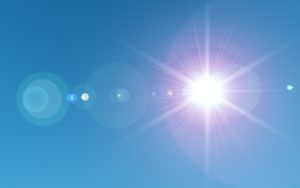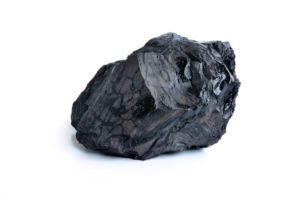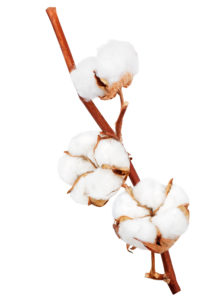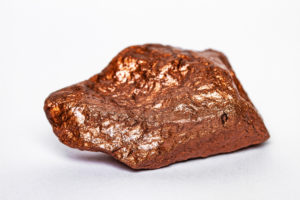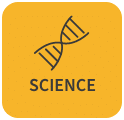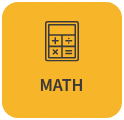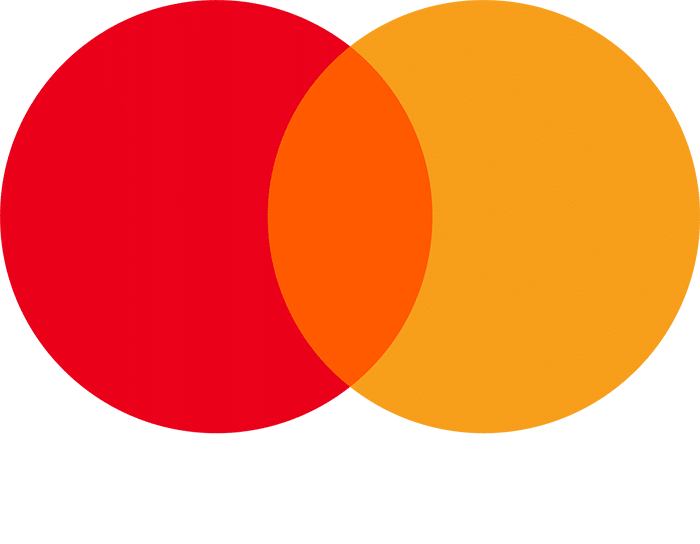Natural Resources
Vocabulary
Read the vocabulary terms to understand the reading better.
Fossil Fuels
Fossil fuels are fuels that were formed underground from plants and animals that died a very long time ago (e.g., oil, coal, natural gas).
Natural Resources
Natural resources are things found in nature that can be used to make or do something.
Non-renewable Resources
Non-renewable resources are energy sources that will eventually get used up (e.g., natural gas, coal, oil).
Renewable Resources
Renewable resources are energy sources that never get used up (e.g., wind, sunshine, water).
Where does the paper from your books come from? What about the food you ate for breakfast, or the clothes you are wearing? Where does the electricity for the lights in your classroom come from? Everything that people use in their daily lives comes from Earth. We call these things natural resources because they come from nature. Some resources help us to stay alive. Others help us to live more enjoyable lives. Some are sources of energy.
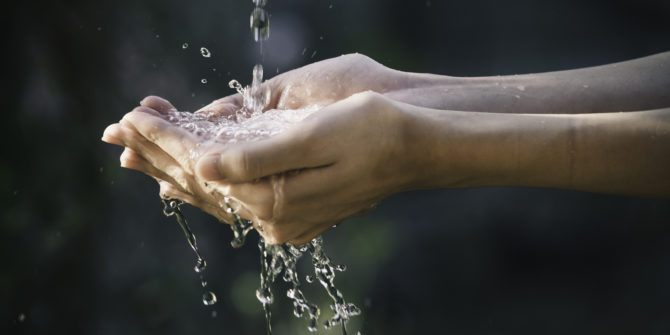
Living and Non-Living Resources
Natural resources can be living or non-living. Living things get energy from their environment to do things such as grow, move, and reproduce. A tree is a living thing. It uses water and sunlight to make energy so it can grow. A rock is a non-living thing. It does not use energy, and it does not grow or move on its own.
Fish are a very important living natural resource. Fish are a source of food for people. Water is a very important non-living natural resource. We use water for drinking, cooking, and washing. We also use water to make electricity. We use the electricity for energy to make many things work, such as the lights in our homes and schools.
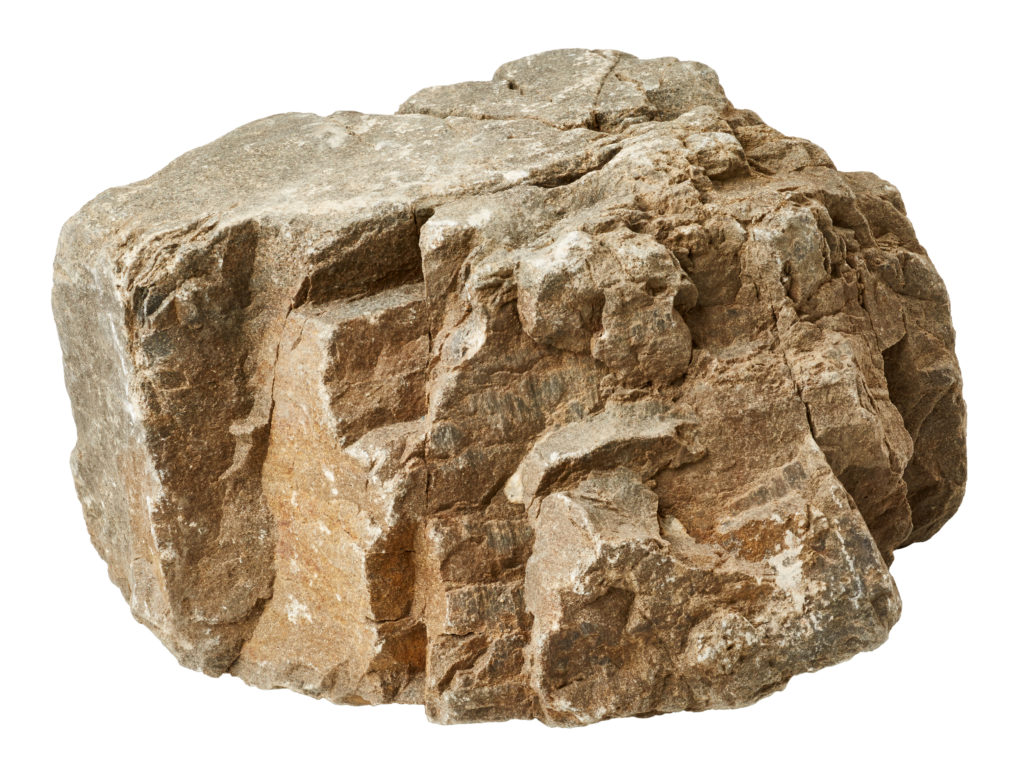
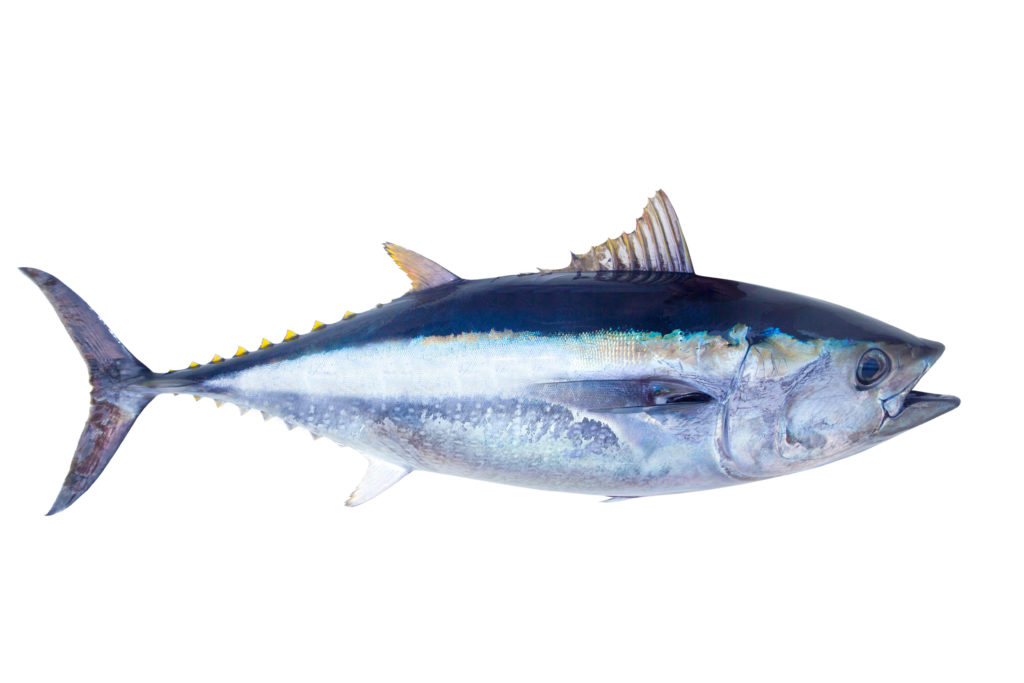
Renewable and Non-Renewable Resources
Non-renewable resources cannot be replaced. They are non-renewable because they take a very long time to form. Fossil fuels and minerals are non-renewable resources. Oil is a fossil fuel. The oil we use today was formed millions of years ago. People use fossil fuels to produce energy. Oil can be made into gasoline to make cars and buses run.
Natural resources can also be renewable or non-renewable. Some renewable resources can be replaced or grown again. Trees are one example. Trees can reproduce themselves through seeds. Trees that are cut down can be replaced with seedlings. Seedlings are very young trees grown from seeds. Other renewable resources are always here for people to use. Wind is one example. Wind power is used to produce electricity.
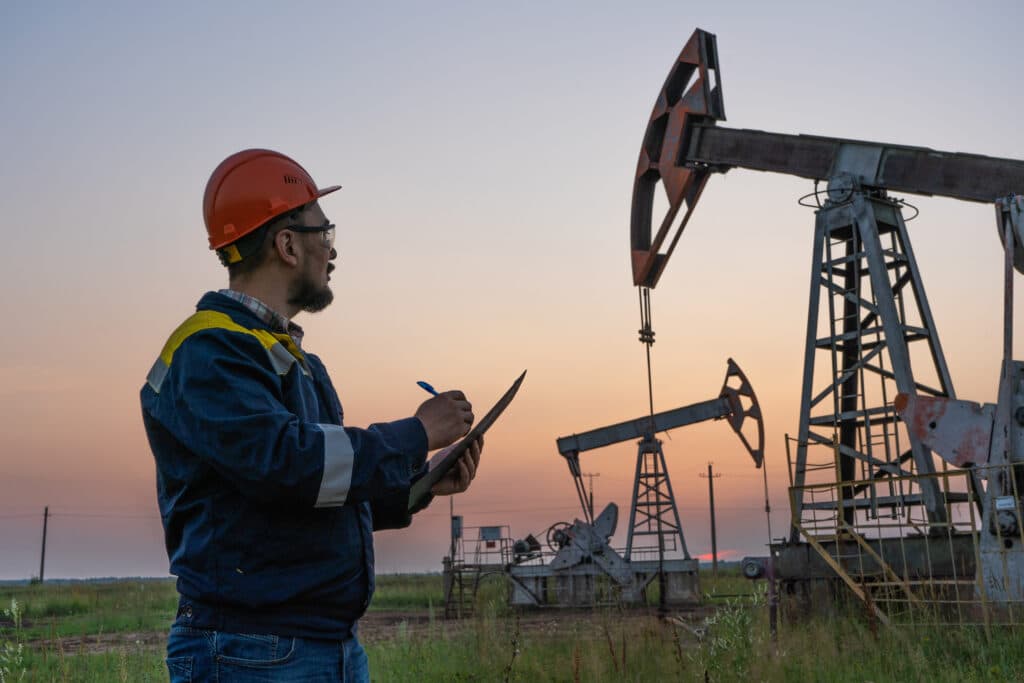
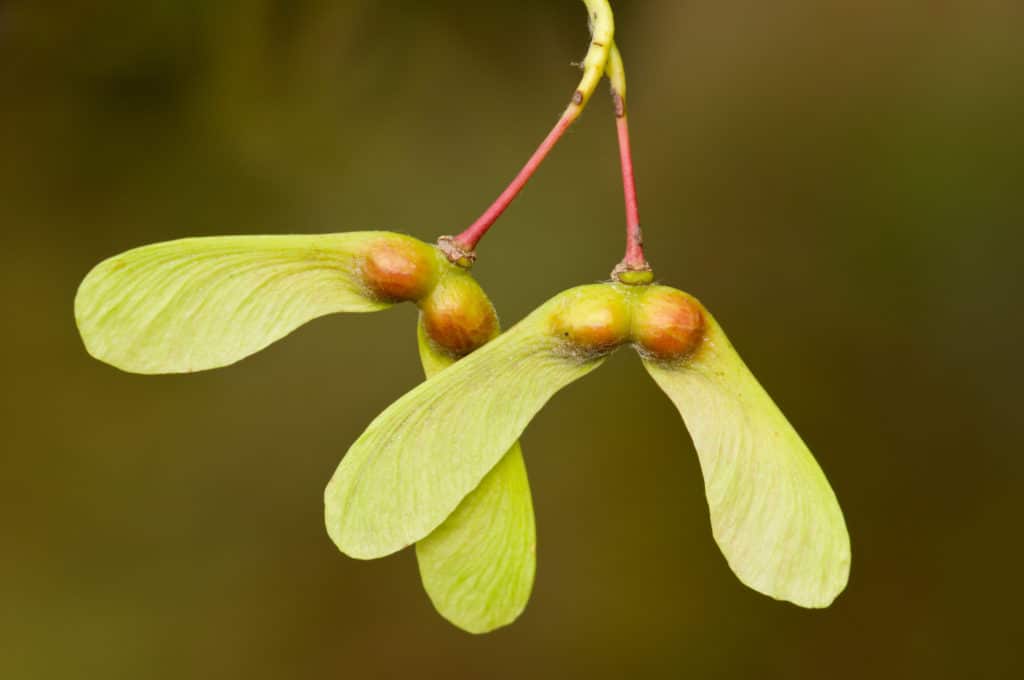
To learn more about renewable and non-renewable resources, watch the video by MooMooMath and Science on YouTube.
Show What You Know!
Complete some questions about the reading selection by clicking “Begin Questions” below.

